Deputy Prime Minister Paul Stanescu voiced hope on Friday at the 17th session of the Conference of Ministers responsible for Regional Planning (CEMAT) organised in Bucharest, that the meeting will contribute to the drafting of a guide on the development of functional areas, according agerpres.ro.
"The study we have initiated shows that there is already a wide variety of functional areas in Europe, so we can see this concept in the next multiannual financial programming of European funds. We want today's meeting to contribute to the drafting of a guide on the development of functional areas, with the presentation of relevant project types in these areas and the presentation of the role of local democracy in increasing the efficiency of development activities. The most important aspect is that such meetings take place in order to deliver better public policies to our citizens in the countries we represent, to find the most suitable instruments for development," said Stanescu, Romania's minister of regional development, public administration and European funds.
He added that cooperation in the field of local development at EU level was often based on documents previously drawn up by CEMAT.
Stanescu mentioned that the results of the CEMAT activities are very important to Romania, amidst a nationwide process of legislative revision and adoption in the field of urban planning and urbanisation.
"The intention to organise the 17th session of CEMAT was promoted in the context of Romania holding the presidency of the Council of the European Union in 2019, thus creating the opportunity to establish a connection between the two levels of communication in the field of regional development. The themes suggested for this session regard functional areas — capitalising on local potentials through regional development policies in Europe. This is a current subject in line with the objectives of the Council of Europe and CEMAT and in close connection with the topics discussed at the previous meetings, conducted in Greece, Russia and Portugal," he explained.
Stanescu added that the choice of this topic also took into account the current trends and challenges in regional development and the commitment to implement the 17 sustainable development goals set out under Agenda 2030. In this respect, he underscored the importance of cooperation between the central and local levels of the public administration, public and private and non-governmental sectors, and also among various business operators.
"This is an area of multi-state collaboration that will soon celebrate 50 years. The importance of the event is not only its uniqueness as the only pan-European cooperation framework in the area of spatial planning and regional development, but also its common objective: sustainable development of the European continent. We believe such a platform for debate, exchange of experience and good practices is very useful, and we firmly believe that it can also ensure correlation of development policies between member states and non-members," he said

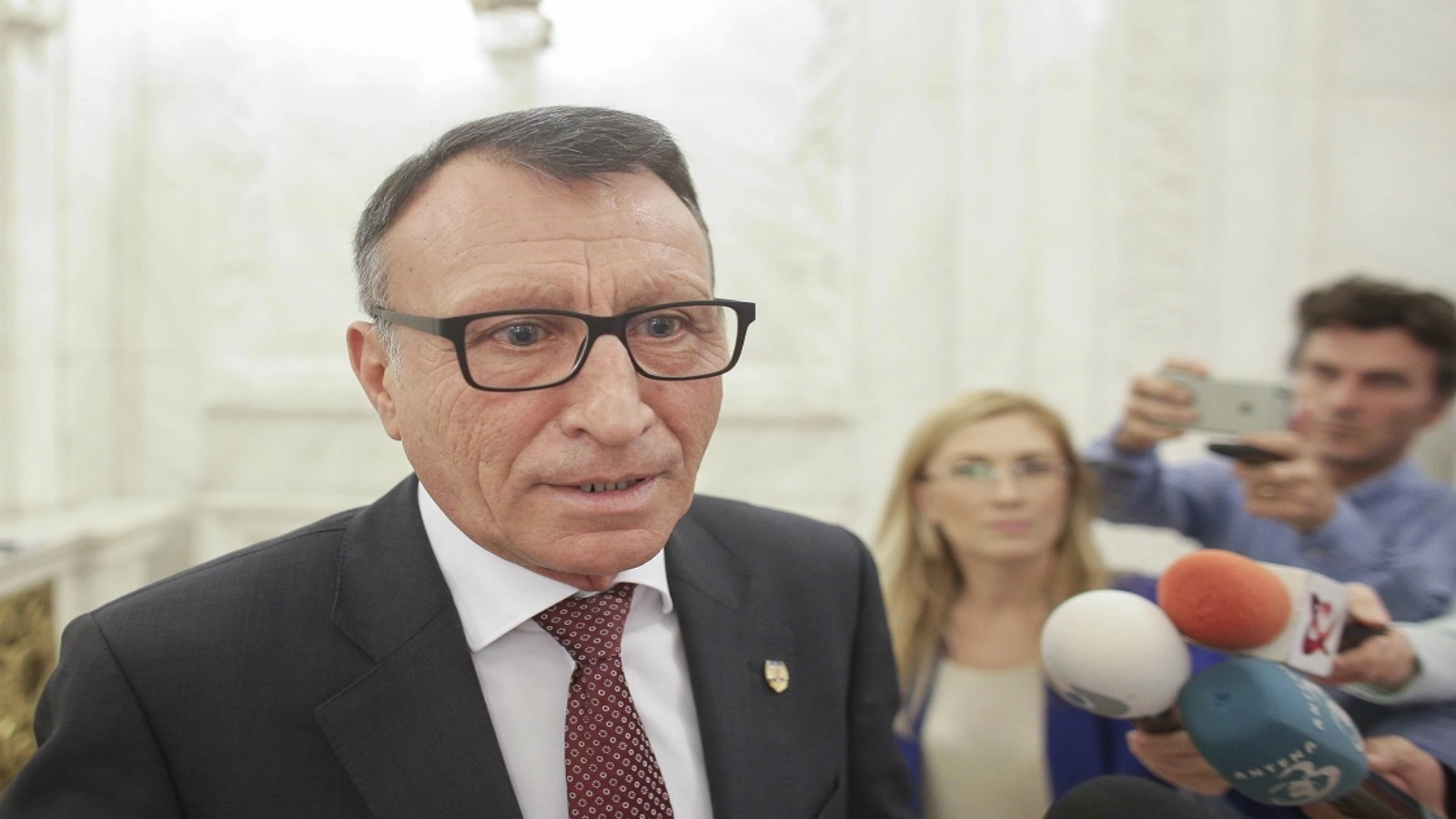
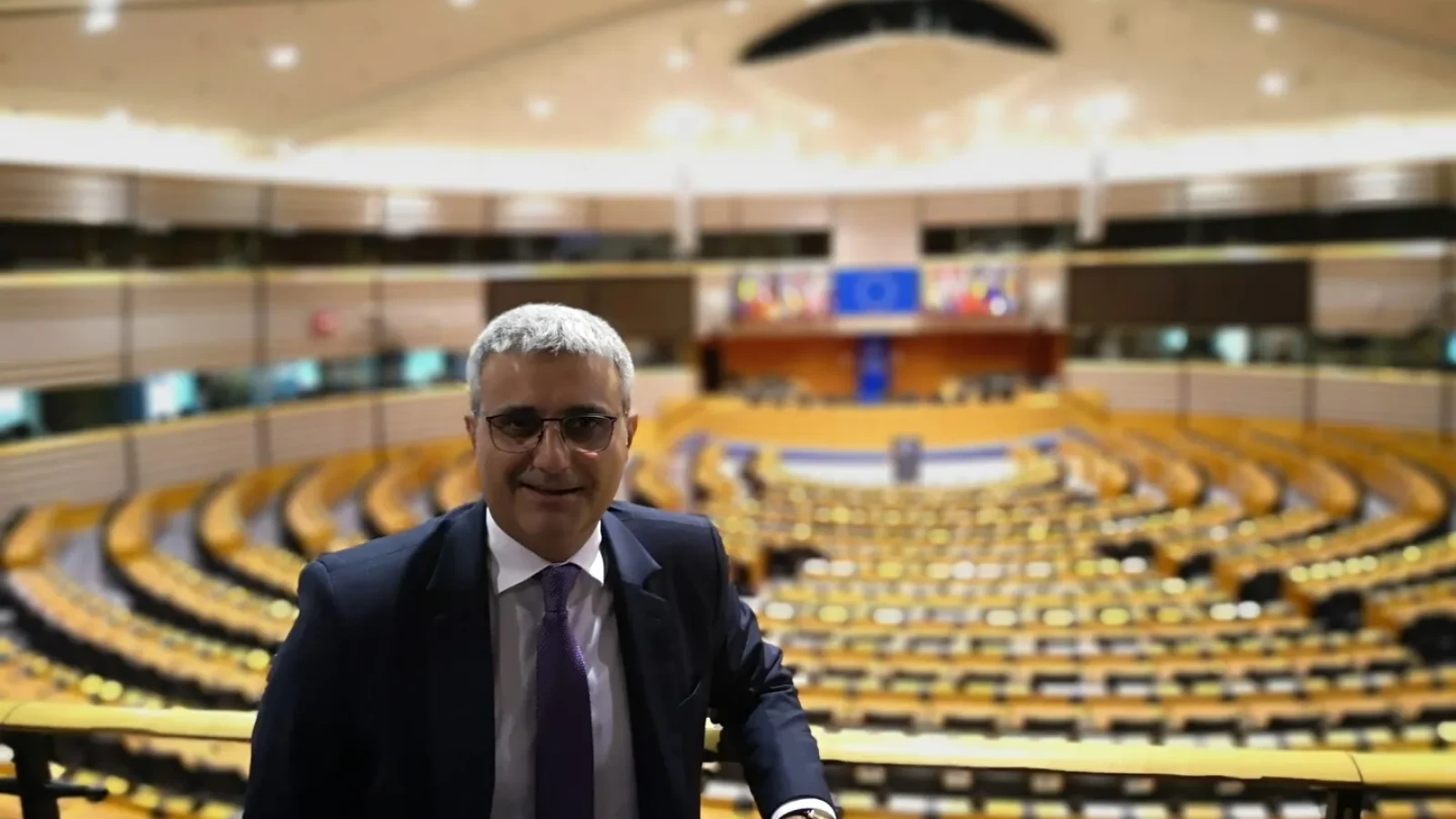


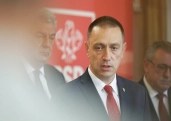















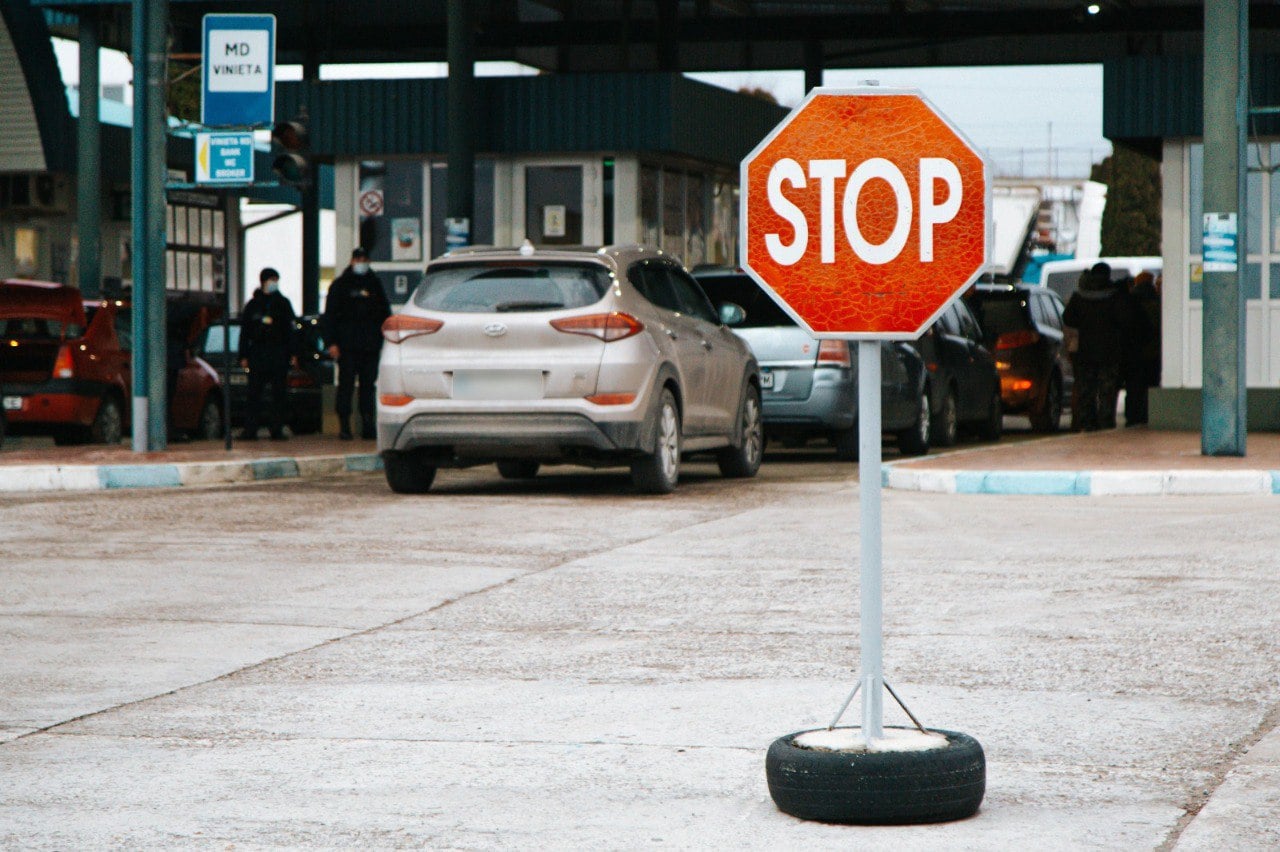
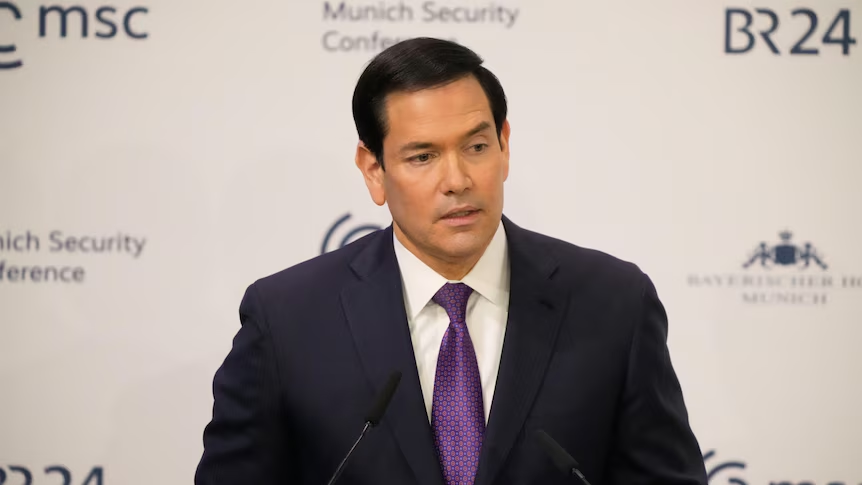
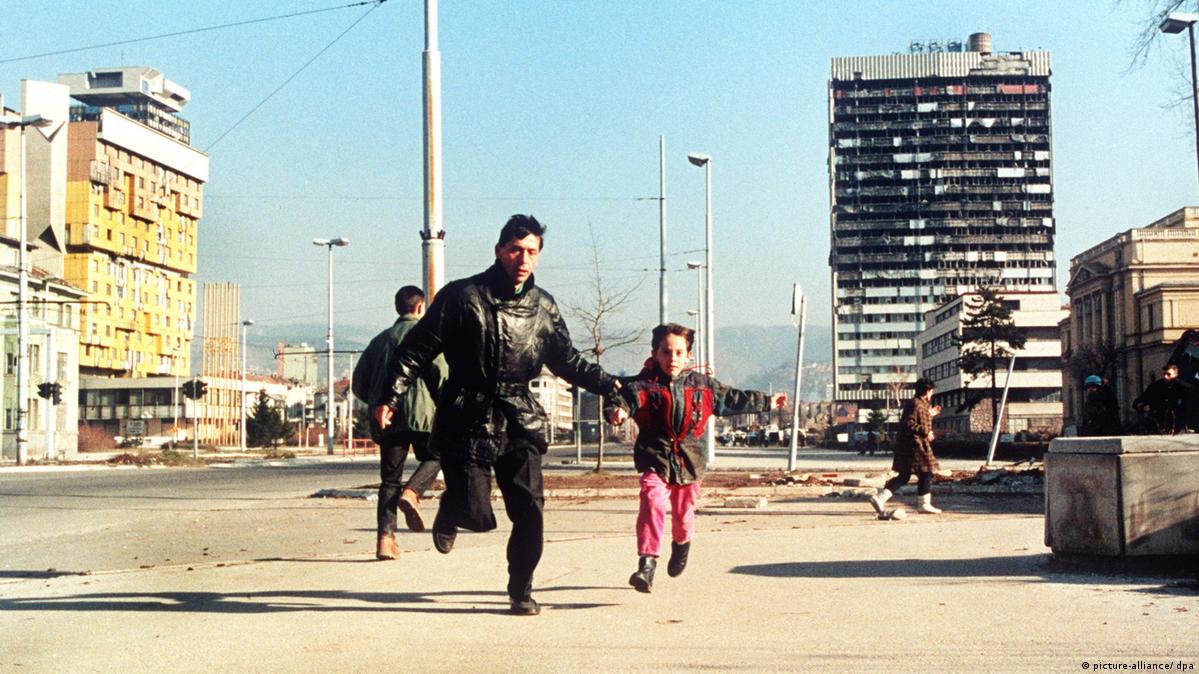








Comentează